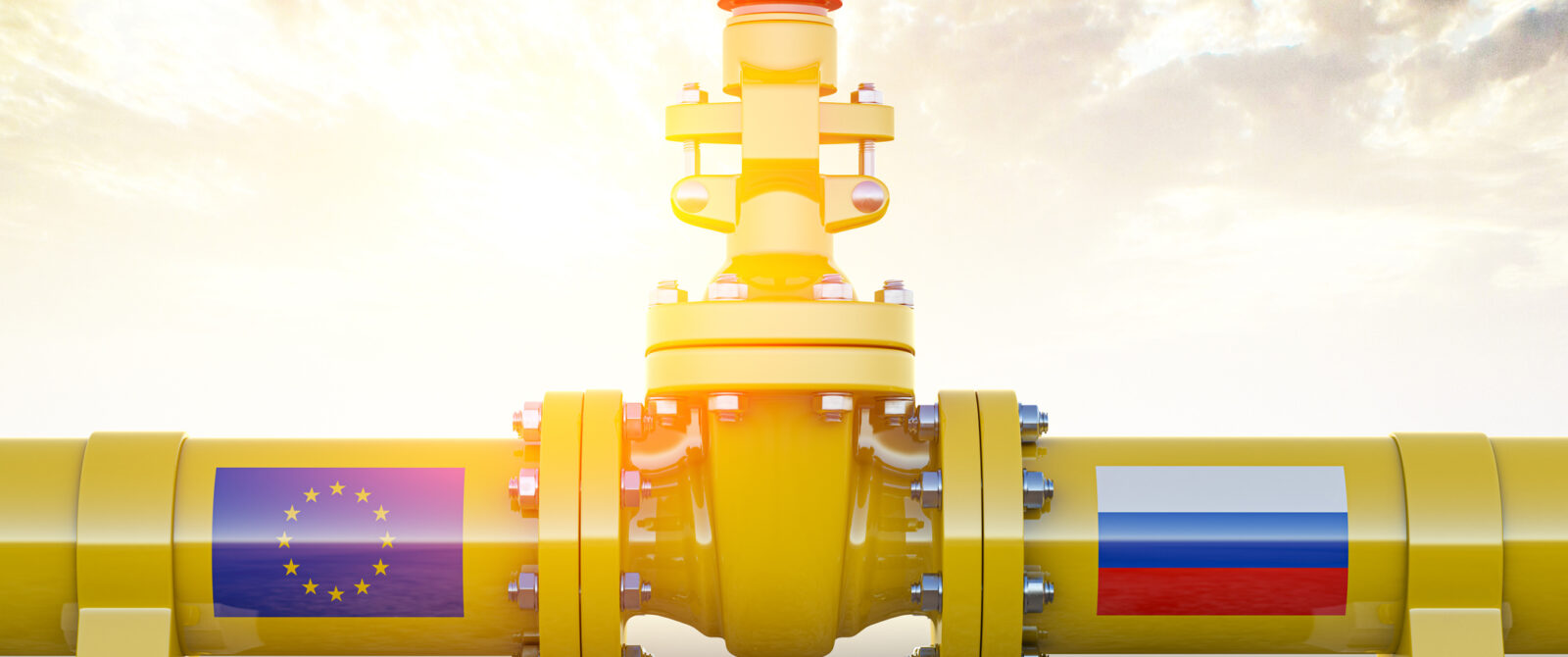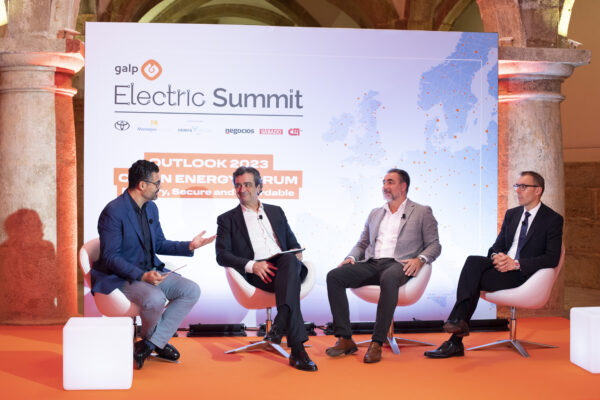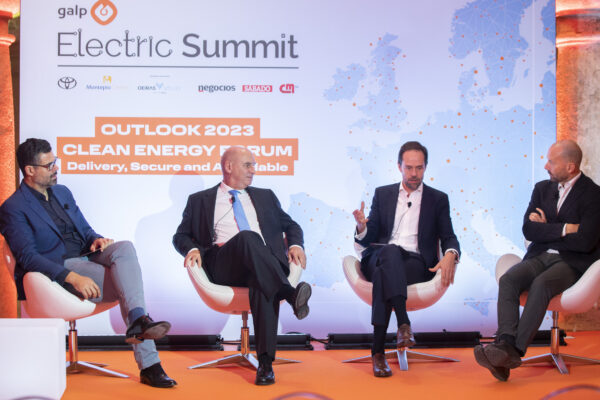Does the conflict in Europe jeopardise energy transition?
It’s not yet obvious what impact the war in Ukraine will have on climate change. Nevertheless, it seems clear that energy independence via low-cost and sustainable sources is the right path to follow.
The Russian invasion of Ukraine may have serious implications on the way and speed with which energy transition will take place. And not just in Europe, but also in the rest of the world. While Europe fights to build an energy security “network” in response to Russia’s invasion of Ukraine, there seems to be uncertainty on many fronts. By turning its back on Russian gas and oil, will Europe speed up or slow down its response to climate change? This is a complex question, and experts say the answer depends on how long the war lasts. The consequences of the current conflict are still difficult to predict.
The fact is that this conflict has once again shone a light on Europe’s dependence on natural gas imported from Russia. According to the International Energy Agency (IEA), in 2021, the European Union imported an average of over 380 million cubic metres per day of gas by pipeline from Russia, in other words, around 140 billion cubic metres annually. As well as that, around 15 billion cubic metres were delivered in the form of liquefied natural gas (LNG). The total 155 billion cubic metres imported from Russia accounted for around 45% of the European Union’s (EU) gas imports in 2021 and almost 40% of its total gas consumption. “Progress towards net zero ambitions in Europe will reduce gas use and imports over time, but today’s crisis raises specific questions about imports from Russia and what policy-makers and consumers can do to lower them”.
To this end, the Agency presented a series of measures encompassing gas supplies, the electricity system and end-use sectors, “which may result in the EU’s annual call on Russian gas imports falling by over 50 billion cubic metres within the space of one year”, which would result in a reduction of over one-third. The IEA’s analysis also considers the possibility of Europe going even further and faster to limit short-term reliance on Russian gas, although this would mean a slower pace for reducing EU emissions in the short-term. “If Europe were to take these additional steps, short-term gas imports could be cut by over 80 thousand cubic metres, in other words, well over half”.
Clean technologies are the solution
The analysis highlights that speeding up investment in clean and efficient technologies lies at the heart of the solution, but even very rapid development will take time to make an impact on demand for imported gas. “The faster EU policy-makers seek to move away from Russian gas supplies, the greater the potential implications in terms of economic costs and/or short-term emissions. Circumstances also vary widely across the EU, depending on geography and supply agreements”.
In March, the executive director of the International Energy Agency, Fatih Birol, spoke at the opening of a ministerial meeting in Paris, and urged governments not to drop their efforts to tackle climate change. “I am very worried that our climate goals may well be another victim of Russia’s aggression”, he said.
The IEA explains that reducing reliance on Russian gas will not be simple, and will require a concerted and sustained political effort across multiple sectors, together with strong international dialogue on energy markets and security. “There are multiple links between Europe’s policy choices and broader global market balances. Strengthened international cooperation between alternative pipeline and LNG exporters – and with other major gas importers and consumers – will be critical. Clear communication between governments, industry and consumers is also an essential element for successful implementation”.
Transition may be facilitated
Analysing the impact of the war on oil and natural gas, three analysts from asset management firm Schroders argue that “the events in Ukraine will speed up energy transition. Energy independence through cheap and sustainable power will be at the forefront of every policy-maker’s decision-making process from now on”. So will Europe waste this opportunity to accelerate the decarbonisation process? The answer is certainly not a simple one. Because, on one hand, it is urgent that energy reliance be reduced, and on the other, we took a step backwards with world coal consumption rising in the immediate aftermath. Indeed, Germany and Italy, which both rely more heavily on natural gas from Russia and Ukraine, are considering increasing their electricity production with more coal-powered plants in the short-term, although maintaining their long-term plans to invest in renewables.
In fact, many are warning that the war has pushed the subject of fighting climate change onto the back burner, and it is no longer on the political agenda or the focus of media attention. The UN Secretary-General, António Guterres, said that the war in Ukraine showed that the sooner the world rids itself of fossil fuels the safer it will be from the consequences of this kind of conflict. He goes as far as to say that if we had already transitioned to renewable energy, the war would not have had such a devastating impact.
It is not yet clear what impact the conflict in Ukraine will have on energy transition. However, it is widely believed that the war has underlined the need to speed up energy transition “which Portugal has been rolling out for some time, to enable us to reduce our reliance on countries which often use energy to blackmail democracy and freedom”, according to Duarte Cordeiro, the Minister for the Environment and Climate Action.











